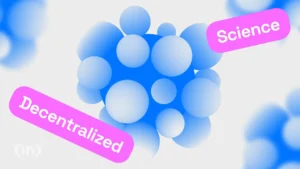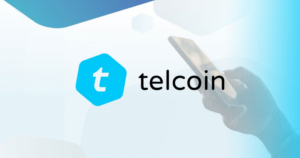Vitalik Buterin Introduces Secure EIP Option: What It Means

Vitalik Buterin, the founder of Ethereum, proposed a critical alternative to the Ethereum Improvement Proposal (EIP) 3074. This new proposal aims to increase security and reduce risks for core developers.
It features a novel transaction type similar to EIP-2930 and includes additions such as a contract code string and signature.
How Vitalik Buterin Proposes Higher Safety
By starting this process, the design begins by verifying that the signer's contract code is empty. Next, it saves this to the specified contract code, only to reset it to zero at the conclusion of the transaction. This method allows the signer of the contract code and the originator of the transaction to be separate, thus providing both flexibility and high security.
The proposed approach provides compatibility with existing EIP-3074 workflows by transitioning to streamlined interoperability within the new framework. With this, commands like AUTH and AUTHCALL are replaced by simple authentication and execution of tasks related to Externally Owned Accounts (EOAs). This simplification preserves operational integrity and increases process efficiency.
Read more: Ethereum EIPs: What are they? How are they implemented?
Buterin asserts that his method is compatible with any EIP-3074 workflow and requires minimal adjustments to integrate. It supports forward compatibility with the endgame identifier brief, avoids introducing new opcodes, thus preventing future reoccurrences in the blockchain context.
In addition, EOAs allow it to temporarily execute contract functions, ensuring compatibility with existing EntryPoint architecture.
While this proposal has several advantages, including a unified code ecosystem that will continue to be useful for future frameworks, this proposal contains potential drawbacks. It inherits some criticisms from EIP-3074, particularly the possible centralization and necessary reliance on managed code fragments.
“However, any EIP that tries to use 3074's “weaken privilege” (subkeys) will face the same problem,” Buterin concluded.
WalletConnect co-founder Pedro Gomes seconded Buterin's idea.
“This new approach reduces the risk of using 4337 infra PLUS for core developers,” said Gomez.
As the Ethereum (ETH) community waits for the Pectra update, which is planned for sometime between late 2024 and early 2025, excitement builds. Centrally integrating EIP 3074, this important update aims to revolutionize how users interact with Ethereum wallets by adding advanced smart contract functionality.
Key features include a new social recovery tool and the ability to make transactions in wallets without ETH, which will dramatically reduce barriers for newcomers.
Disclaimer
Adhering to the Trust Project guidelines, BeInCrypto is committed to unbiased, transparent reporting. This newsletter aims to provide accurate and up-to-date information. However, readers are advised to independently verify facts and consult with experts before making any decisions based on this content. Please note that our terms and conditions, privacy policies and disclaimers have been updated.













